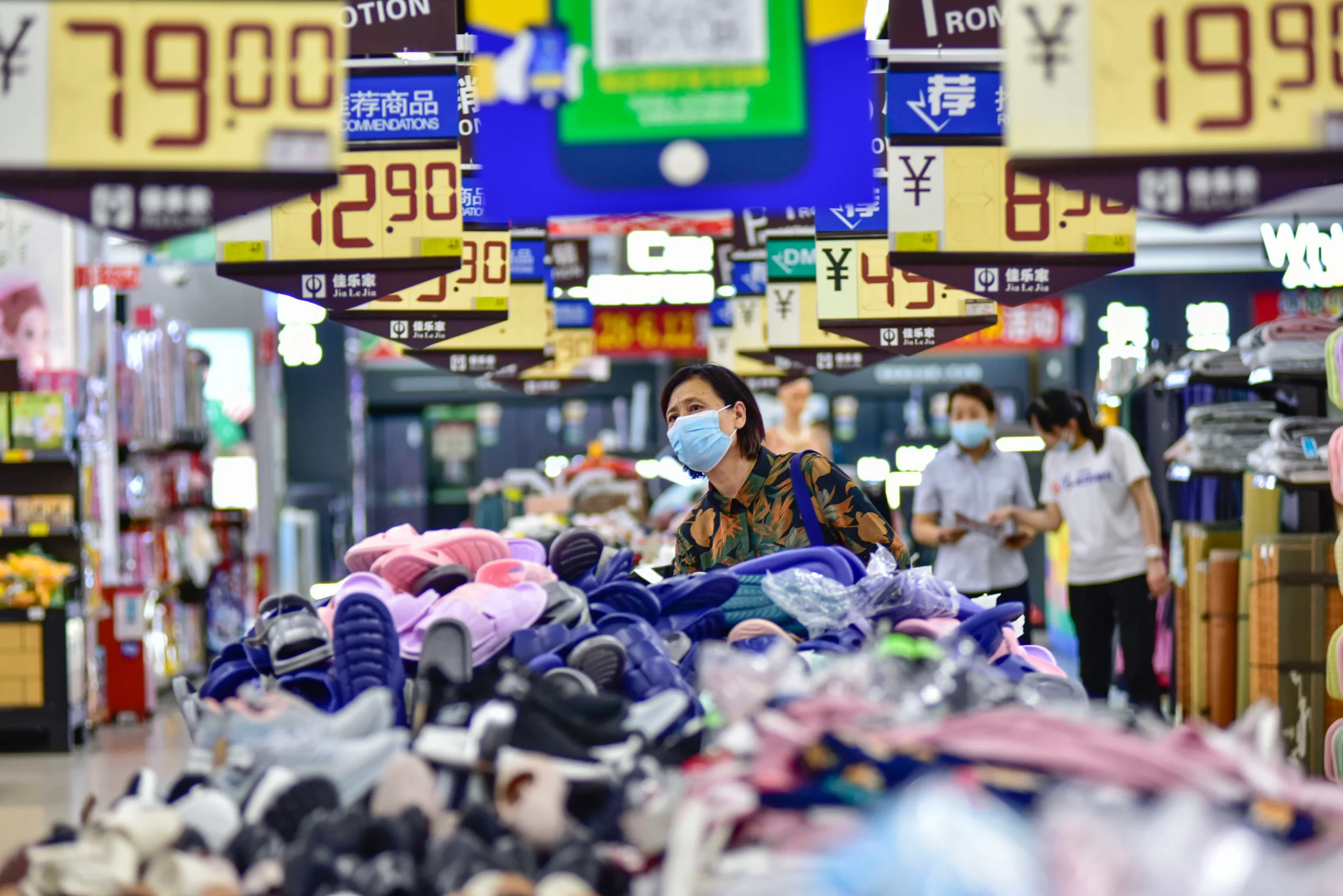(CTN News) – The People’s Bank of China (PBOC) has made a significant move to counter disappointing economic data by cutting a key short-term policy rate. This decision comes because the country’s Covid-19 reopening efforts have failed to gain momentum.
People’s Bank of China Responds to Disappointing Economic Data with Rate Cut
To inject liquidity into the market, the PBOC reduced its seven-day reverse repurchase rate by 10 basis points, from 2% to 1.9%. This action signifies the first such move by the central bank since August and follows the recent rate cuts on deposits by major banks in China.
The PBOC’s decision precedes forthcoming interest rate announcements, including Thursday’s medium-lending facility interest rate and the loan prime rate on June 20. Market reactions to the rate cut were evident as the onshore Chinese yuan weakened by 0.25% against the U.S. dollar, reaching its lowest levels since November.
Financial experts anticipate that the Chinese government’s monetary policy will become more supportive in response to the economic challenges. The focus is expected to shift toward propping up domestic consumption, particularly in the private sector.
Atlantis’ Chief Investment Officer, Yang Liu, highlighted this likelihood, emphasizing the Chinese government’s efforts to stimulate the economy.
UBS Global Wealth Management also predicts further policy easing in the future. The institution’s June outlook report suggests that monetary policy will prioritize maintaining ample liquidity and stable credit growth.
Impact of Covid-19 Reopening on Chinese Economy Prompts PBOC’s Rate Adjustment
It forecasts potential modest reserve requirement ratio cuts or reductions in the medium-lending facility rate by 5 to 10 basis points in the year’s second half.
UBS cautions against larger policy steps, as they could exacerbate foreign exchange (FX) pressure and yield diminishing returns without accompanying demand stimulus.
In summary, the People’s Bank of China’s recent rate cut reflects its proactive approach to addressing the economic challenges faced by the country. The move is expected to be followed by additional measures to stimulate domestic consumption and maintain stable credit growth.




